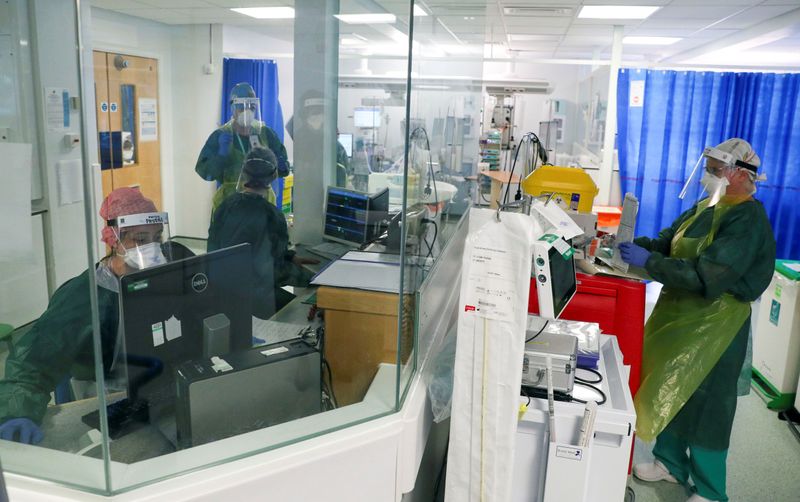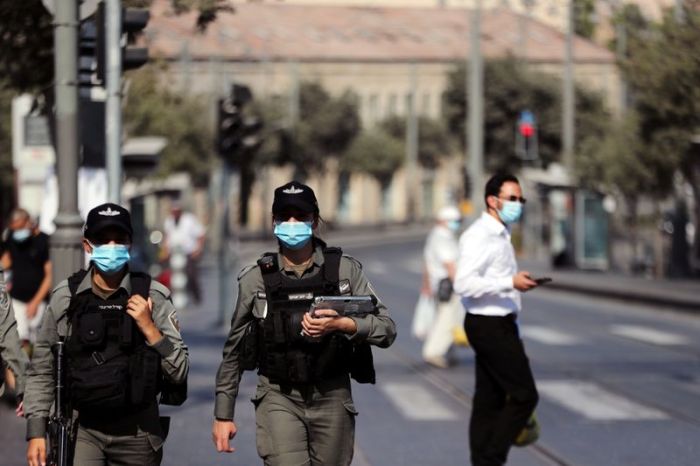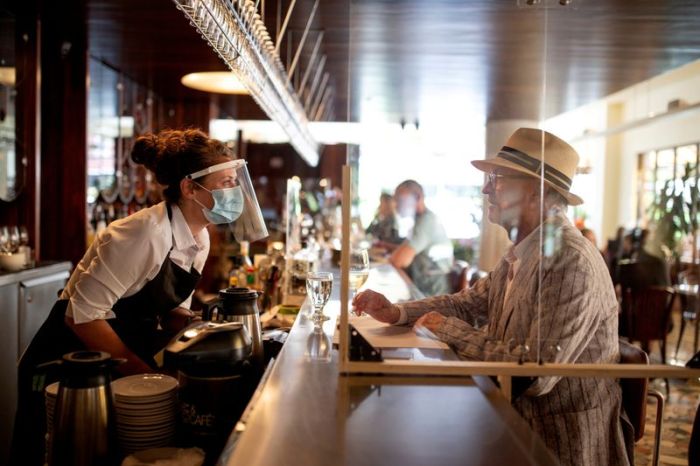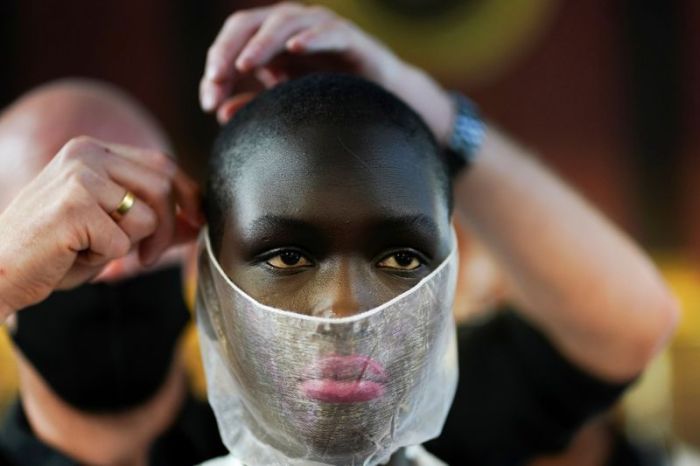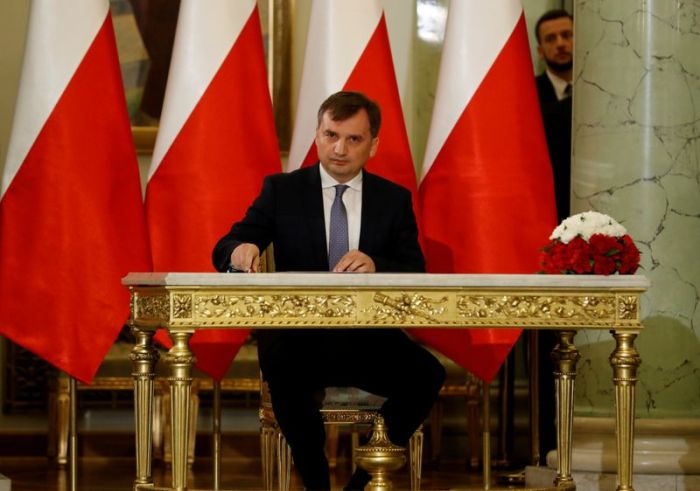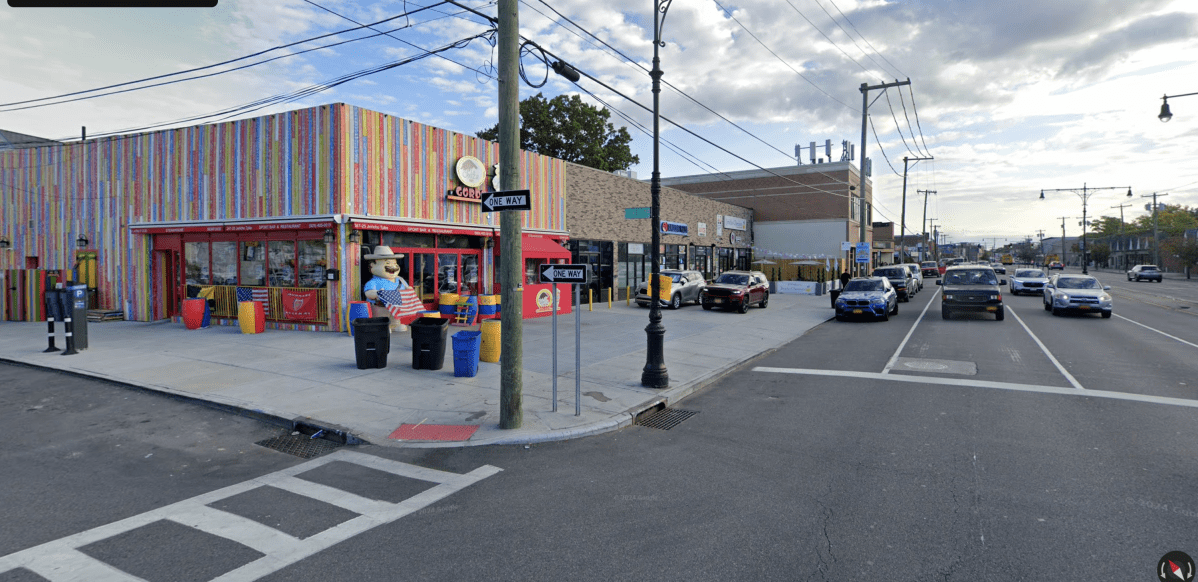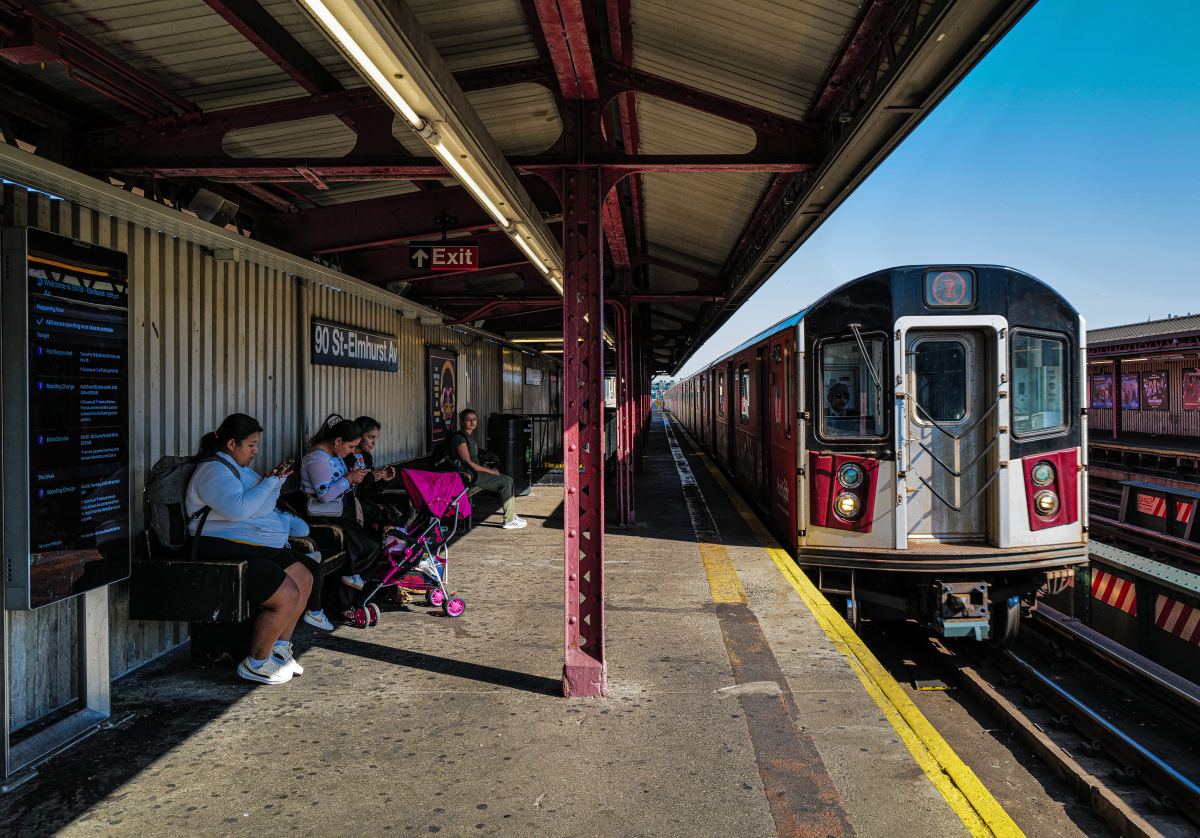(Reuters) – European countries from Denmark to Greece have announced new restrictions to curb surging coronavirus infections in some of their largest cities, while Britain is considering new measures to tackle an “inevitable” second wave of COVID-19.
DEATHS AND INFECTIONS
* For an interactive graphic tracking the global spread, open https://tmsnrt.rs/3aIRuz7 in an external browser.
* For a U.S.-focused tracker with a state-by-state and county map, open https://tmsnrt.rs/2w7hX9T in an external browser.
* Eikon users, see MacroVitals cpurl://apps.cp./cms/?navid=1592404098 for a case tracker and summary of news.
EUROPE
* Britain is likely to need to reintroduce some national coronavirus lockdown measures sooner rather than later, a former senior government health advisor said on Saturday. Prime Minister Boris Johnson said on Friday that he did not want another national lockdown but that new restrictions may be needed because the country was facing an “inevitable” second wave of COVID-19.
* Russia reported 6,065 new coronavirus cases on Saturday, the first time the daily tally has been higher than 6,000 in two months. The national tally of infections rose to 1,097,251.
* The regional government of the Spanish capital Madrid ordered a lockdown from Monday in some of the poorer areas of the city and its outskirts that are home to about 850,000 people.
* The Irish government announced strict new COVID-19 restrictions for the capital Dublin, banning indoor restaurant dining and advising against all non-essential travel.
ASIA-PACIFIC
* Victoria, the Australian state at the centre of the country’s coronavirus outbreak, on Saturday reported its lowest daily increase of infections in three months, putting it on course to relax a hard lockdown in its capital Melbourne by the end of the month.
* India’s parliament session that began this week is likely to be cut short after 30 lawmakers were found infected with the coronavirus, two senior parliament officials said, as the number of cases in the country rose to 5.3 million.
* The Philippines’ health ministry on Saturday reported 3,962 new coronavirus infections and 100 additional deaths, with both numbers the highest in five days. Philippine President Rodrigo Duterte has decided to retain the 1 metre (three feet) social distance requirement on public transport to reduce coronavirus infecions, rejecting moves to reduce it to 30 centimetres (12 inches), his spokesman said.
AMERICAS
* New leader of Canada’s main opposition Conservative Party, Erin O’Toole, tested positive for coronavirus on Friday, the party said in a statement.
* President Donald Trump said on Friday he expects to have available enough doses of a coronavirus vaccine for every American by April.
* The Trump administration reversed guidance on COVID-19 testing for a second time, urging those exposed to people with the virus to get tested even if they are not displaying symptoms.
MIDDLE EAST AND AFRICA
* Morocco signed a deal with Russia’s R-Pharm to buy a COVID-19 vaccine produced under a licence from Britain’s AstraZeneca, the health ministry said, as its total number of cases approached 100,000.
* Israel entered a second nationwide lockdown at the onset of the Jewish high-holiday season, forcing residents to stay mostly at home amid a resurgence in new coronavirus cases.
MEDICAL DEVELOPMENTS
* Moderna Inc said it was on track to produce 20 million doses of its experimental coronavirus vaccine by the end of the year, while maintaining its goal of readying 500 million to 1 billion doses in 2021.
ECONOMIC IMPACT
* Global equity markets slid as investors sought direction after this week’s U.S. Federal Reserve meeting and a jump in coronavirus cases in Europe rattled sentiment, while gold rose and safe-haven buying lifted the Japanese yen. [MKTS/GLOB]
* Hungary’s economy could grow by 4% to 5% next year if a coronavirus vaccine is available in the second quarter but that was an optimistic scenario, Finance Minister Mihaly Varga said in an interview published on Saturday.
* Professional rugby in Ireland could cease to exist if supporters cannot return to stadiums in large numbers amid the COVID-19 pandemic, IRFU chief Philip Browne has said.
(Compiled by Krishna Chandra Eluri, Sarah Morland and Anita Kobylinska; editing by Philippa Fletcher, Arun Koyyur and Alex Richardson)

